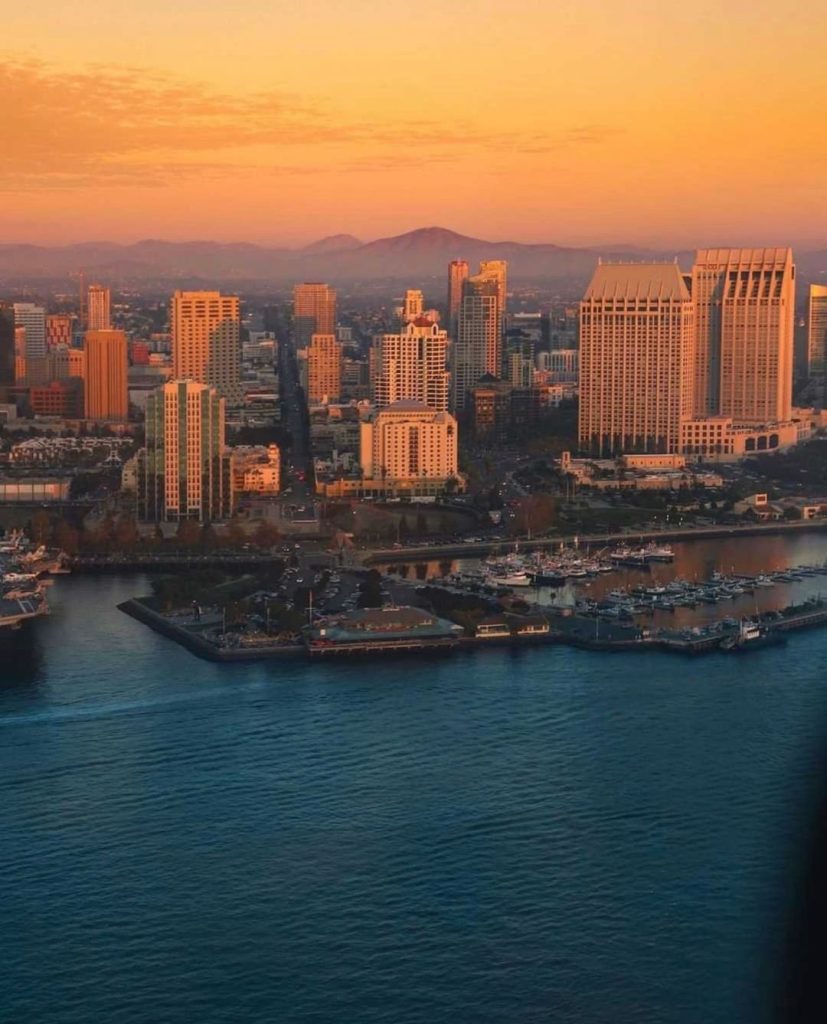Maritime and dock workers play a crucial role in California’s economy, supporting industries such as shipping, logistics, and transportation. However, the nature of their work exposes them to significant risks, including heavy equipment accidents, hazardous materials, and unpredictable weather conditions. Fortunately, maritime and dock workers are entitled to protections under California workers’ compensation laws and federal programs like the Longshore and Harbor Workers’ Compensation Act (LHWCA).
This article explores the unique challenges faced by maritime and dock workers, their rights under workers’ compensation laws, and how to file a claim.
Risks and Injuries Faced by Maritime and Dock Workers
The maritime and dock work environment is inherently dangerous, with risks stemming from heavy machinery, large vessels, and the ocean itself. Common injuries in this industry include:
1. Musculoskeletal Injuries
- Strains, sprains, and fractures caused by heavy lifting or repetitive motions.
2. Slip-and-Fall Accidents
- Falls on wet or uneven surfaces, including docks and vessel decks.
3. Crush Injuries
- Accidents involving cargo, forklifts, or other heavy equipment.
4. Chemical Exposure
- Contact with hazardous materials such as fuel, solvents, or industrial chemicals.
5. Drowning or Near-Drowning
- Incidents related to vessel capsizing or falls into the water.
6. Hearing Loss
- Long-term exposure to loud machinery and ship engines.
Are Maritime and Dock Workers Covered by Workers’ Compensation?
Yes, maritime and dock workers are eligible for workers’ compensation benefits in California. However, the coverage may vary depending on the worker’s specific role and location of employment. In some cases, federal laws, such as the Longshore and Harbor Workers’ Compensation Act (LHWCA), may also apply.
California Workers’ Compensation
- Covers maritime workers classified as employees working onshore or within California’s jurisdiction.
- Provides benefits for injuries or illnesses sustained during the course of employment.
Longshore and Harbor Workers’ Compensation Act (LHWCA)
- A federal law covering maritime workers injured while loading, unloading, repairing, or building vessels on navigable waters.
- Extends protections to dockworkers, shipbuilders, and other harbor workers not covered by state laws.
Jones Act
- A federal law providing remedies for seamen injured due to employer negligence.
- Covers workers with significant responsibilities on vessels operating in navigable waters.
Filing a Workers’ Compensation Claim as a Maritime or Dock Worker
If you are injured while working in the maritime industry, follow these steps to file a workers’ compensation claim:
1. Seek Immediate Medical Attention
Prioritize your health by visiting a qualified healthcare provider. Ensure your injury is documented as work-related.
2. Notify Your Employer
Report the injury to your employer as soon as possible. California law requires employees to notify their employer within 30 days, while federal laws like the LHWCA allow 30 days for injury notification.
3. Determine the Applicable Law
Work with your employer or an attorney to determine whether your claim falls under California workers’ compensation, the LHWCA, or the Jones Act.
4. File the Appropriate Claim
Complete and submit the necessary forms based on the applicable jurisdiction:
- California workers’ compensation claim form (DWC-1).
- LHWCA claim form (LS-203) for injuries covered by federal law.
- Jones Act claims require filing a lawsuit in federal or state court.
5. Gather Evidence
Document your injury and working conditions with evidence such as:
- Medical records and injury reports.
- Photos of the accident site or hazardous conditions.
- Witness statements from coworkers.
Benefits Available to Injured Maritime and Dock Workers
Depending on the applicable law, injured maritime and dock workers may be eligible for the following benefits:
Under California Workers’ Compensation:
- Medical Care:
Coverage for treatments, medications, surgeries, and rehabilitation. - Temporary Disability Benefits:
Partial wage replacement during recovery. - Permanent Disability Benefits:
Compensation for lasting impairments. - Supplemental Job Displacement Benefits (SJDB):
Vouchers for retraining if the worker cannot return to their previous role. - Death Benefits:
Financial support for dependents in case of fatal workplace injuries.
Under the LHWCA:
- Medical Treatment:
Full coverage for injury-related medical expenses. - Temporary Total Disability Benefits:
Two-thirds of the worker’s average weekly wages during recovery. - Permanent Disability Benefits:
Compensation for permanent partial or total disabilities. - Survivor Benefits:
Death benefits for dependents, including funeral expenses.
Challenges in Maritime Workers’ Compensation Claims
Filing a claim as a maritime or dock worker can be complex, particularly when multiple jurisdictions or laws are involved. Common challenges include:
1. Jurisdictional Disputes
Determining whether the injury falls under state or federal law can delay benefits.
2. Employer Retaliation
Workers may face retaliation or job loss for filing a claim, despite legal protections.
3. Lack of Evidence
Without proper documentation, insurers may deny claims, arguing that the injury is not work-related.
4. Delays in Benefit Approval
Navigating state and federal systems simultaneously can lead to delays in receiving benefits.
How an Attorney Can Help
An experienced workers’ compensation attorney can provide essential support for injured maritime and dock workers by:
- Determining the applicable law and jurisdiction for your claim.
- Gathering evidence to prove the work-related nature of your injury.
- Addressing disputes over eligibility or benefits with employers and insurers.
- Advocating for maximum compensation under state or federal programs.
Conclusion
Maritime and dock workers face unique risks in their line of work, but they are entitled to robust protections under California workers’ compensation laws and federal programs like the LHWCA. Understanding your rights and navigating the claims process is critical to securing the medical care and financial support you need after an injury.
For complex cases or disputes, consulting an experienced workers’ compensation attorney can help you protect your rights and focus on recovery.



